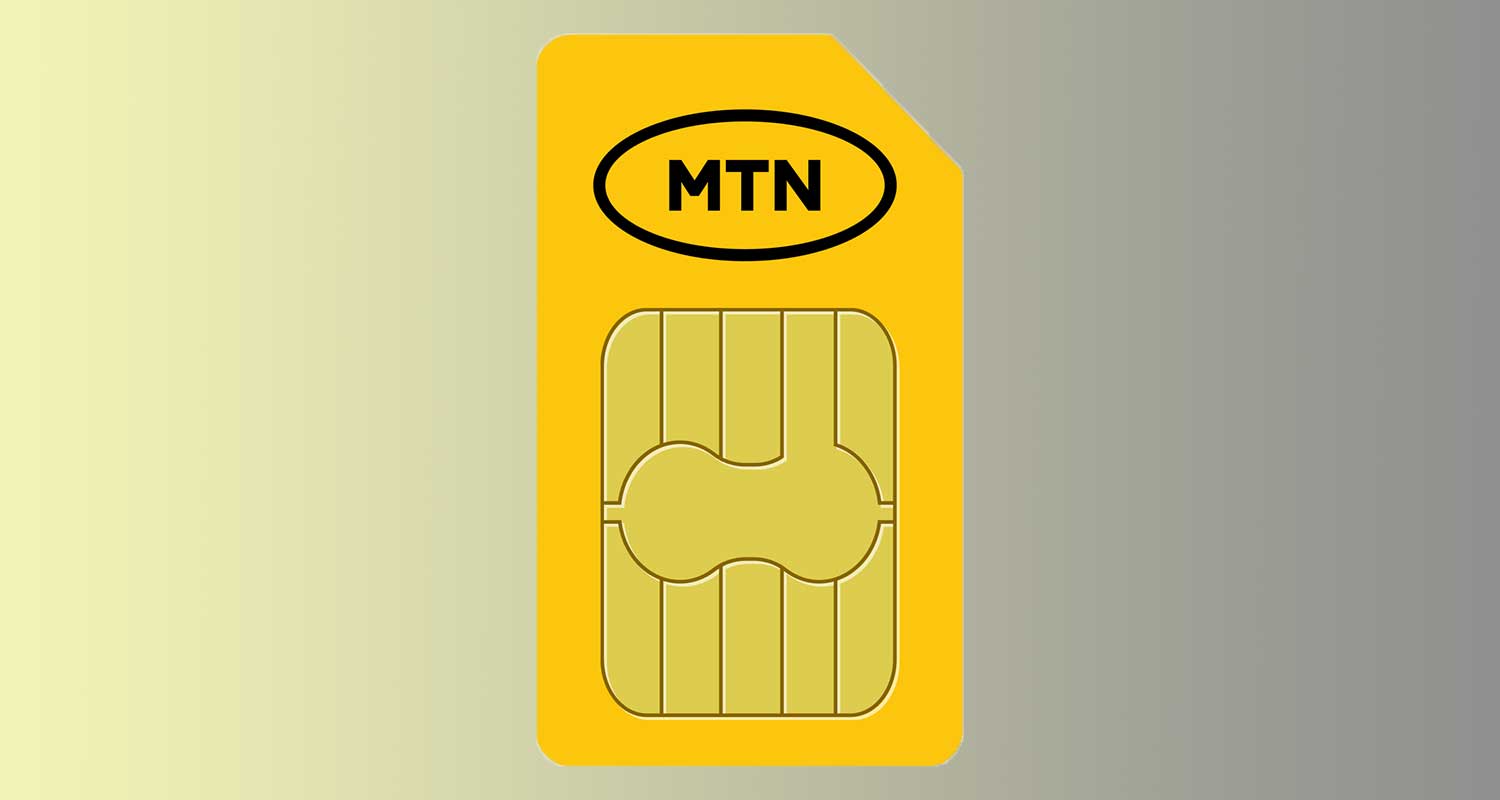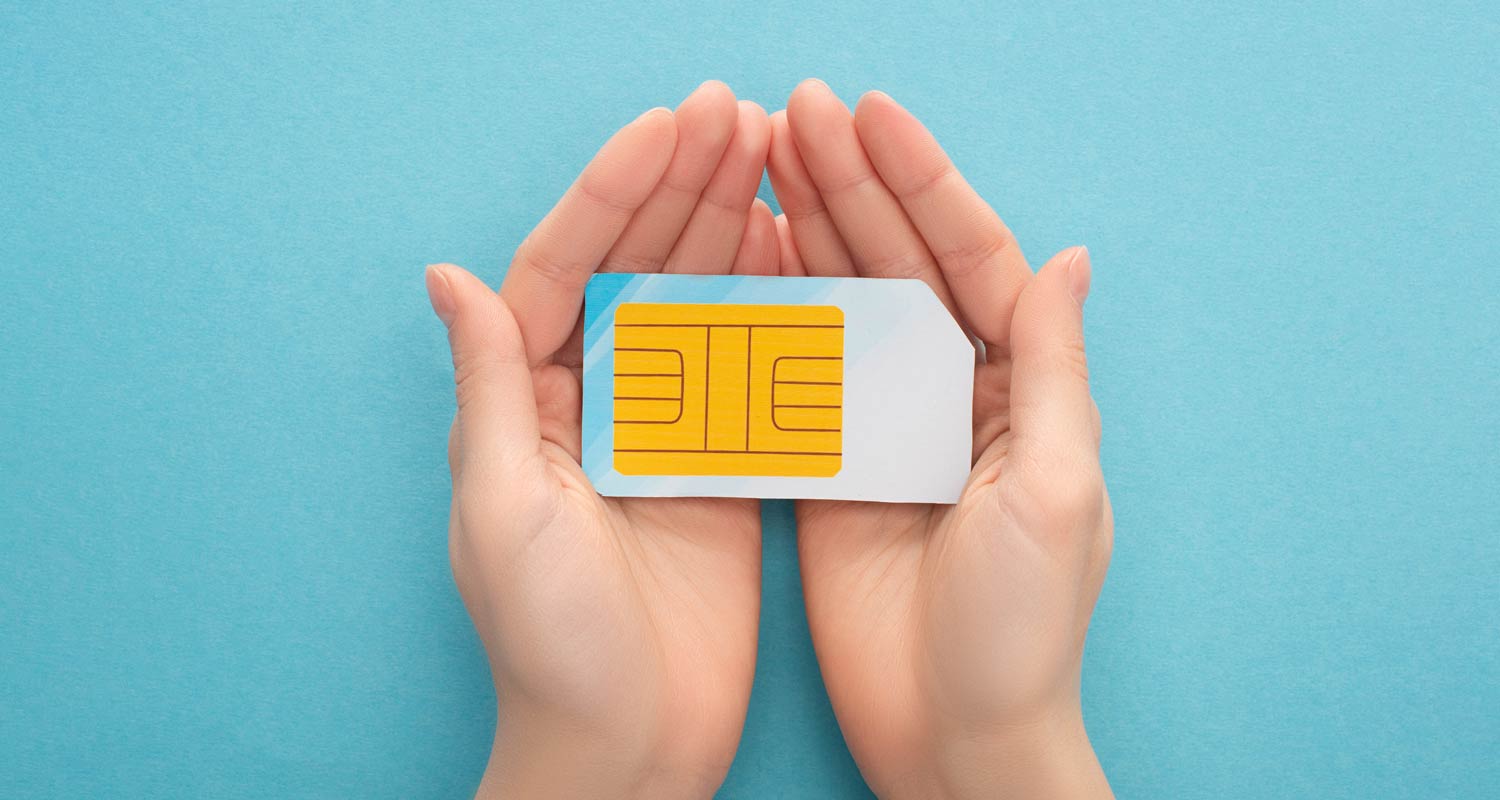
MTN South Africa has launched biodegradable Sim cards in an effort to tackle plastic waste pollution, with an estimated 180 million of these cards bought by consumers across the industry each year.
Many of the Sim cards are used only for a short time – sometimes to take advantage of a specific deal – before being disposed of in landfill or the environment.
“The raw materials used in the production of the Sim cards are 100% FSC (Forest Stewardship Council) certified, meaning they come from responsibly managed forests that provide environmental, social and economic benefits,” MTN said in a statement on Tuesday. The FSC is a global organisation focused on promoting responsible forest management.
“Unlike traditional plastic Sim cards, which do not decompose, the MTN biodegradable Sim cards will degrade within three to six months when placed in a landfill, the soil or the sea,” the company said.
It said the eco-friendly Sim cards ensure the same network connectivity, speeds and security as plastic cards.
“From this month, we will start distributing these Sim cards to MTN stores and partners across the country,” said MTN South Africa chief commercial operations officer Wanda Matandela in the statement.
Earlier this month, TechCental reported that South Africa’s mobile operators produce an estimated 180 million Sim cards each year, or about three times the country’s population.
High churn
This figure – from a well-placed industry source – is due to high churn in the mass market, with prepaid consumers regularly switching between networks to take advantage of pricing and special offers. Many of these cards soon up as waste, discarded in the veld or in landfill sites.
A Telkom spokesman told TechCentral at the time that the company’s Sim packaging is biodegradable, while all returned and unusable Sims are scrapped and destroyed in an environmentally friendly manner.
Read: eSims: a threat to mobile operators?
According to the spokesman, South Africa’s consumer market – and particularly the informal market – is characterised by “washing machine churn”, where consumers frequently change Sims due to rotation among the different networks, depending on which network they consider is offering the best value at the time. This leads to “dormant” Sims, which are eventually disconnected for non-utilisation.
Telkom, MTN, Vodacom and Cell C have all reduced the size of their Sim cards in an effort to reduce the amount of plastic waste. Modern Sims can also be clipped out to different sizes so one Sim fits different Sim tray slots for standard, micro and nano Sim sizes, for example.
 The unused portion of the Sim is, however, usually disposed of immediately after opening. According to a Cell C spokesman, the mobile operator is trying to get users to keep the unused materials instead of throwing them away.
The unused portion of the Sim is, however, usually disposed of immediately after opening. According to a Cell C spokesman, the mobile operator is trying to get users to keep the unused materials instead of throwing them away.
“Many customers retain the Sim casing for reference purposes as it displays important details like the call centre number, USSD strings and the phone number. We also offer raw Sims that are not packaged into flow wraps to reduce the packaging,” the company said.
Embedded Sims – more often known as eSims – are a digital form of a Sim card that might eventually solve the environmental problem associated with physical Sim cards.
Telkom said it has around 90 000 of its 20.4-million subscribers using eSims. Vodacom, MTN and Cell C did not disclose how many eSim customers they each have on their networks, but across the board eSim adoption in South Africa is constrained by device penetration as the feature is only available on newer, more expensive devices.
Both Vodacom and MTN said they have programmes where customers can dispose of their Sim waste in environmentally friendly ways, including having the waste picked up from the comfort of their own home. Both operators also drive awareness programmes on the topic of e-waste.
“Through Vodacom’s Redlovesgreen programmes, Vodacom encourages customers to adopt sustainable practices and to recycle responsibly. We have partnerships to promote public awareness of recycling points nationwide,” said Vodacom. – © 2024 NewsCentral Media
Get breaking news from TechCentral on WhatsApp. Sign up here




